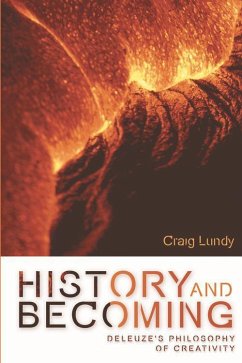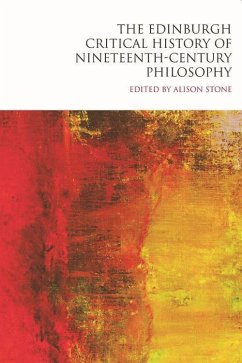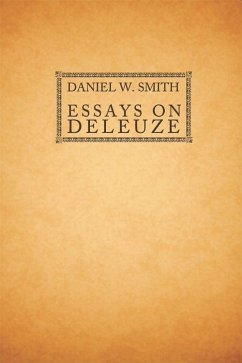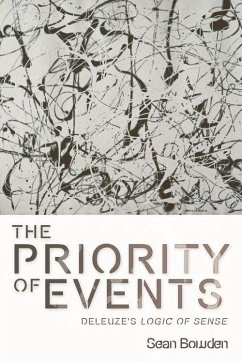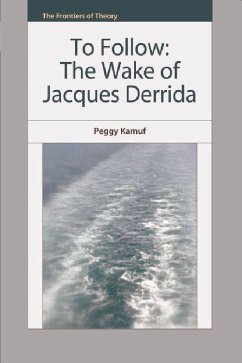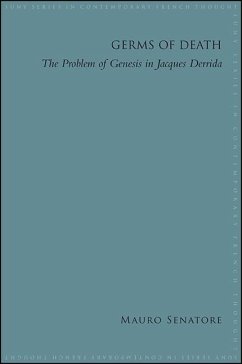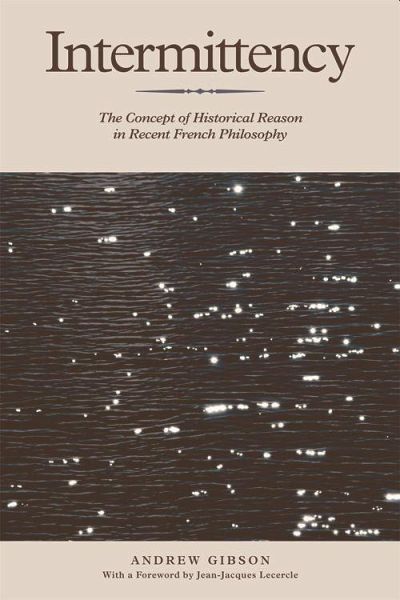
Intermittency
The Concept of Historical Reason in Recent French Philosophy

PAYBACK Punkte
61 °P sammeln!
This book is to my knowledge the most subtle and original study of a crucial orientation in French philosophy that took place after the heyday of the best-known great masters, now dead (Althusser, Derrida, Foucault, Lacan etc.), but which refused to ally itself with the 'nouvelle philosophie' (Lévy, Finkielkraut and their followers). Gibson clarifies what the principal representatives of this orientation have in common, what separates them, and why thought must set out from them today, even if it preserves - as Gibson does - a real critical distance from them. The book is without equal or riv...
This book is to my knowledge the most subtle and original study of a crucial orientation in French philosophy that took place after the heyday of the best-known great masters, now dead (Althusser, Derrida, Foucault, Lacan etc.), but which refused to ally itself with the 'nouvelle philosophie' (Lévy, Finkielkraut and their followers). Gibson clarifies what the principal representatives of this orientation have in common, what separates them, and why thought must set out from them today, even if it preserves - as Gibson does - a real critical distance from them. The book is without equal or rival anywhere, including France. Alain Badiou Gibson is not merely a skilful interpreter of texts, not merely a 'passeur', who enables us to discover new vistas in contemporary French philosophy, but also a philosopher in his own right...the book you are going to read is not merely a book, it is a landmark. Jean-Jacques Lecercle The last few decades have witnessed a decline in the traditions of French Hegelianism. However, embers can abruptly leap to vivid life. This book looks at five recent and contemporary French philosophers, Badiou, Jambet, Lardreau, Françoise Proust and Rancière, who each produce a post-Hegelian philosophy of history founded on an assertion of the intermittency of historical value. Andrew Gibson explores the `anti-schematics of historical reason' represented by this `melancholic-ecstatic' conception of history, and its implication for politics, ethics and aesthetics, in a wide range of modern philosophical and intellectual contexts, from Kant to speculative realism. He argues that the philosophies of intermittency provide a commentary on, but also find their necessary complement and most powerful expression in modern art, and above all modern literature, ranging from Wordsworth and Kleist through Flaubert, Rimbaud and Orwell to Lampedusa, Carlo Levi and Sebald. The result is a sustained reflection on the




